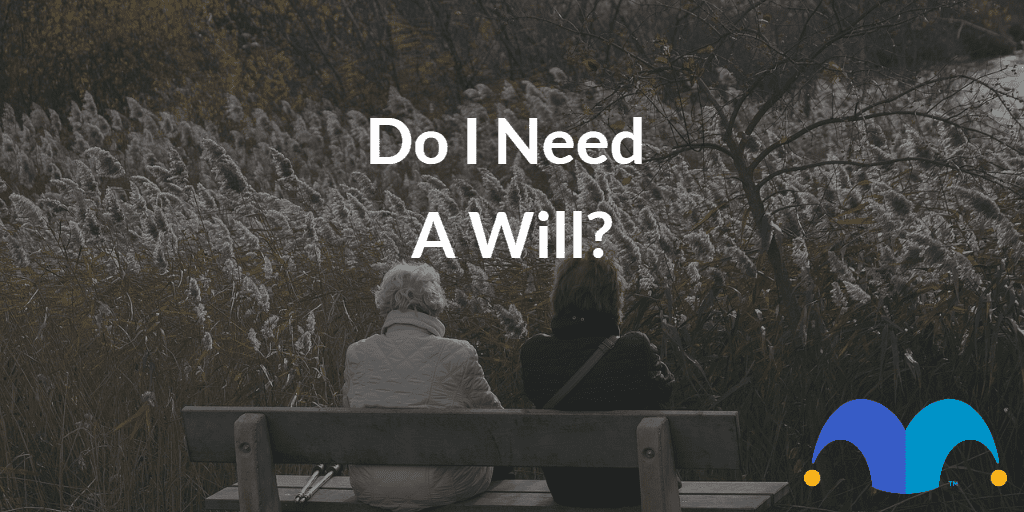Have you ever asked yourself, “Do I need a will? Well, the answer is yes according to Charlotte Isherwood, wills and probate solicitor at ZEDRA. Even if you’re single or you don’t have children, it’s still a good idea to draft a will as part of your estate planning. Let’s break down why.
What is a will?
First, let’s be clear on what a will actually is.
Essentially, a will is a legal document setting out what should happen to your assets once you die. So, for example, if you want to leave someone a legacy, you can set this out in your will.
A will isn’t just about protecting your assets, though. You can also set out things like who should look after your children when you die, or what kind of funeral you want.
Importantly, you can also appoint your own executor – the person who will handle your assets when the time comes.
Can anyone make a will? According to Charlotte Isherwood, you must be 18 or over to make a valid will. It must also be in writing and witnessed by two other people.
Do I need a will?
Legally speaking, you don’t need a will. However, in practice, it’s probably a good idea to write a will. Let’s check out why.
- If you don’t write a will, you can’t control who gets your assets when you die. The executor will divide your assets according to the laws of intestacy – and you might not be happy with the results.
- Without a will, the courts will decide who looks after your children when you die. Again, this might lead to a result you don’t want.
- If you’re unmarried or you haven’t registered a civil partnership, your partner can’t inherit unless there’s a will in place. This could cause financial difficulty for them down the line.
In short, if there’s a will in place, there’s less chance of disputes arising.
What if I don’t have any assets?
Even if you don’t have any property at all, it might still be worth drafting a will for two reasons:
- It can be more expensive to deal with an intestate estate.
- It usually takes longer to wind up the estate if there’s no will in place.
So, essentially, it’s much easier for those left behind if there’s a will available. Sure, wills are great for large and more complex estates, but don’t underestimate how valuable they can be for everyone.
How do I create a will?
Well, you can always write your own will, but there’s a chance you’ll make a mistake and the will won’t be effective. So, the best idea is to contact a qualified wills and trusts solicitor.
Don’t have the money to instruct a solicitor? If you’re a member of a trade union, they sometimes offer free will writing services to their members. And in November, the charity Will Aid might be able to help you access a free basic will from a participating solicitor.
Takeaway
Do you need a will? Well, it’s not legally required, but you should strongly consider writing one. If you don’t know what to include in your will, or you’re looking for more advice on estate planning, contact a wills and trusts solicitor for more help.
And remember, if you do write a will, be sure to keep it up to date. Also, make sure you tell your family where it is so they know where to find it.
